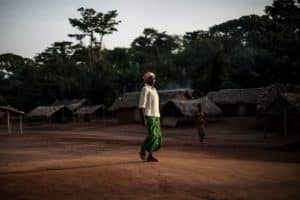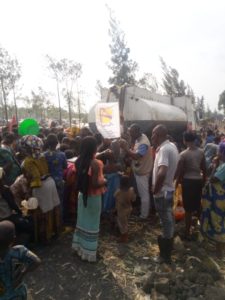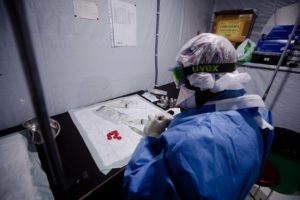The Democratic Republic of the Congo
Start of program: 2011
Country key figures:
- 99 million inhabitants¹
- 70 deaths per 1,000 births²
- 5.5 million internally displaced persons²
- 504, 290 children with severe acute malnutrition³
ALIMA key figures:
- 114,443 primary healthcare consultations
- 14,560 prenatal consultations
Areas of intervention:
- Outbreak response
- Maternal health
- Conflicts and population displacement
- Nutrition
- Research and innovation
Humanitarian context
In 2022, the humanitarian and security context in the Democratic Republic of the Congo remained complex and unstable. The year was marked by the resumption of intense fighting between the M23 and Congolese forces in the east of the country, leading to massive population displacements: from October 20 to the end of the year, 183,000 persons were internally displaced in the region. Humanitarian needs remained high not only in the east, but throughout the country.
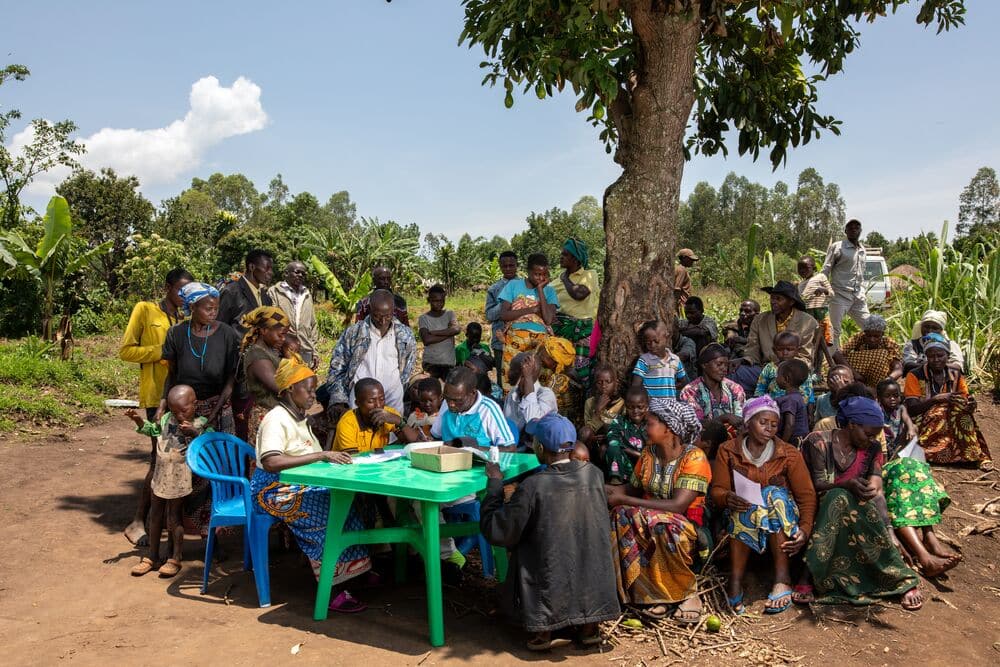
ALIMA’s impact on the ground
Maternal and child health
During the year, ALIMA implemented nine medical projects focused on nutrition and epidemiology. In the health zones of Kamina (Haut-Lomami), Kailo (Maniema), and Bambu (Ituri), in addition to access to primary and secondary healthcare, ALIMA provided nutritional care to children under the age of five suffering from severe acute malnutrition (SAM). In Kwango Province, ALIMA supported the development of a digital surveillance outbreak response management & analysis system (SORMAS).
In Tanganyika Province, in the Kongolo health zone, ALIMA supported four health areas to provide primary and secondary healthcare to displaced and vulnerable populations. The teams also provided free healthcare for children suffering from SAM.
In North Kivu and Ituri, ALIMA intervened with two multi-sectoral projects involving primary and secondary healthcare, screening and treatment of child malnutrition, mental healthcare, and water, sanitation and hygiene (WASH) to help host and displaced populations affected by the region’s unstable security situation. ALIMA supported 29 health structures in 11 health areas, notably as part of the WASH project to combat the Ebola virus disease.
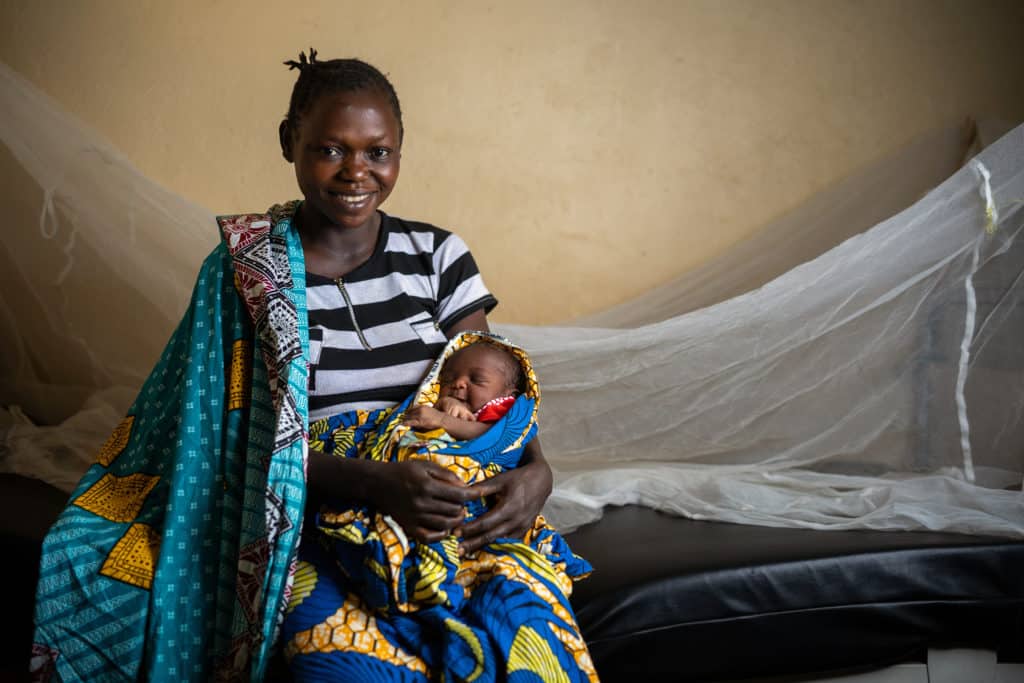
Fighting epidemics
In 2022, the Tunda health zone (Maniema), ALIMA responded to the MonkeyPox epidemic by treating confirmed cases and launching an operational research project on the disease. Children under the age of five, as well as pregnant and breastfeeding women, benefited from free healthcare.
In Kwango Province, ALIMA supported the development of a digital surveillance outbreak response management & analysis system (SORMAS).
Emergency response
ALIMA also launched rapid response mechanism (RRM) activities to provide emergency medical care to displaced people in the Ituri and North Kivu provinces, following the M23 crisis, and the creation of camps for displaced people around Goma.
* Cover picture © Sylvain Cherkaoui / ALIMA
